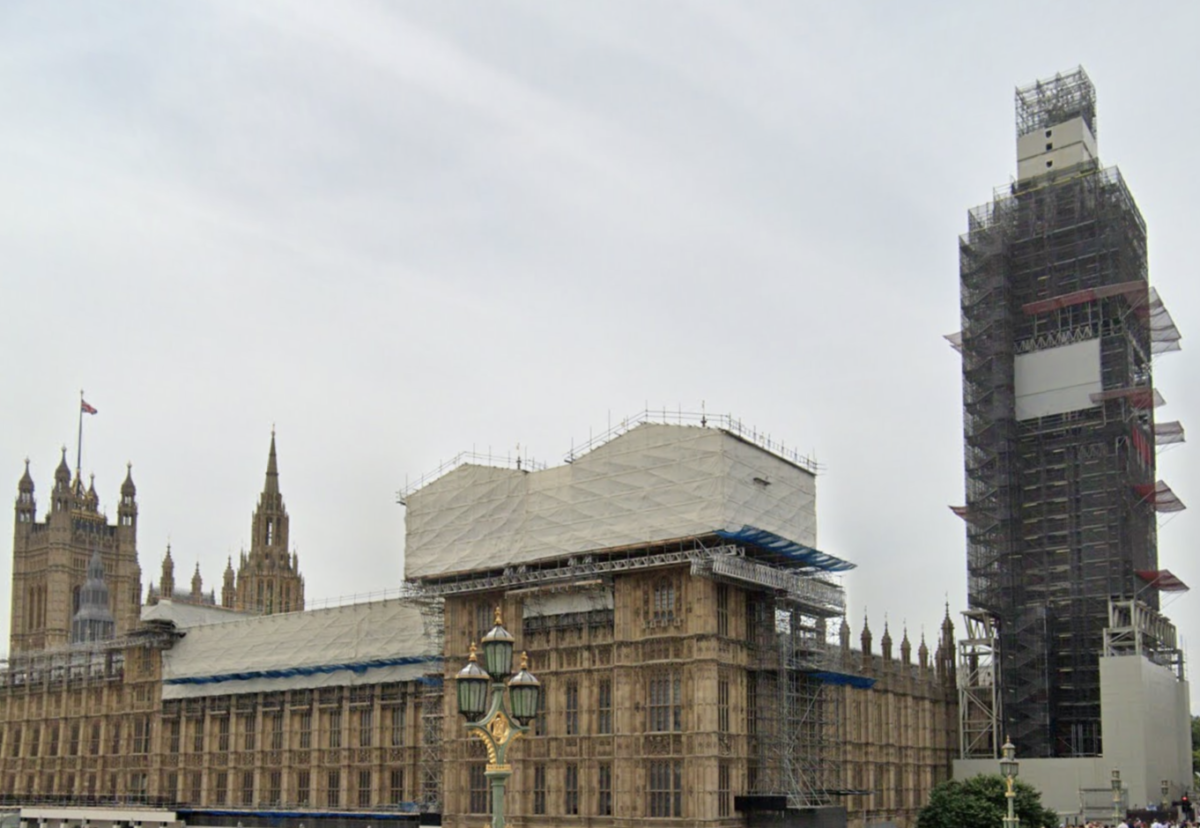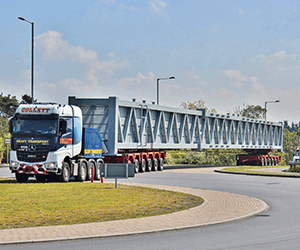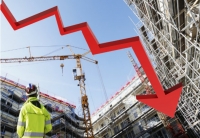A public accounts committee report published today says that 20 years of discussion about the significant works needed to repair Parliament’s “failing mechanical and electrical systems, falling masonry and the constant risk of a catastrophic fire” have left the taxpayer with £2m a week in costs just for the round-the-clock remedial work needed to keep the building safe.
None of the actual restoration and renewal programme work has yet begun, key decisions about alternative accommodation while the work is done have yet to be taken, and the business case to take the work forward is still almost two years away.
Politicians had been scheduled to leave the building for at least six years while building work is completed.
But in May, the independent body set up to manage the £4bn-plus restoration of the Houses of Parliament put the project on pause to re-examine fully the current plan.
This includes revisiting the central decision taken five years ago to relocate all MPs and Lords to allow work to proceed. and the impact of new ways of working during the coronavirus outbreak.
The upgrade to the Northern Estate to create the temporary home for MPs will itself cost up to £1.6bn.
Meg Hillier MP, Chair of the Public Accounts Committee, said: “Parliament is literally falling apart around the thousands of people who work there and the million or so who, in better times, visit every year.
“It poses a very real risk to health and safety in its current state. The restrictions of the pandemic may provide an opportunity in this context and it’s time for those responsible to get creative and get to work.
“After nearly 20 years of discussion and costs to the taxpayer of just maintaining Parliament now rising by £2m a week, what we don’t need is for the authorities to keep reopening and reviewing what few decisions have been taken.
“We aren’t even promised a business case for the latest proposals until 2022 – that’s another £100m of maintenance away. We need rapid learning from comparable projects, clear vision, leadership and direction, now.
“The cost of the project will be high but doing nothing is not an option and is certainly not a cost-free option. Without action we are just ratcheting up the bill to the taxpayer.”

























































